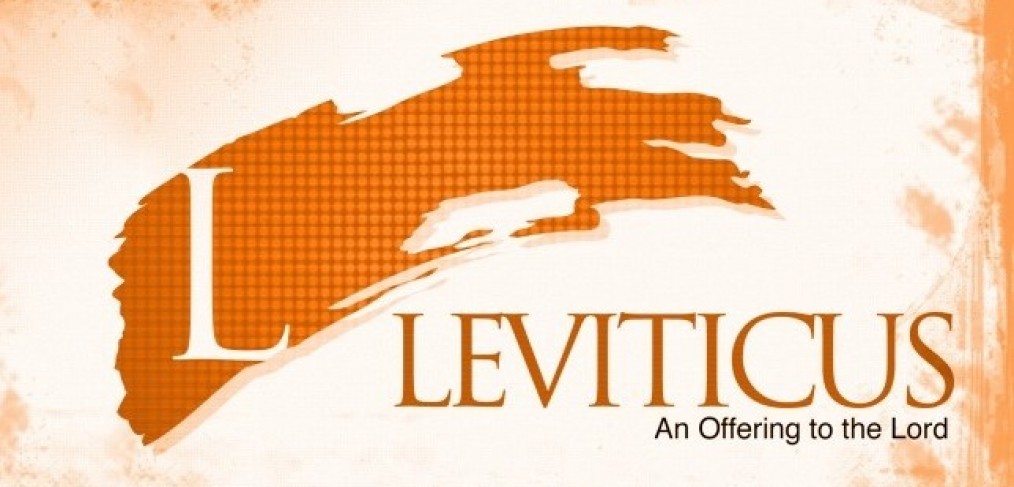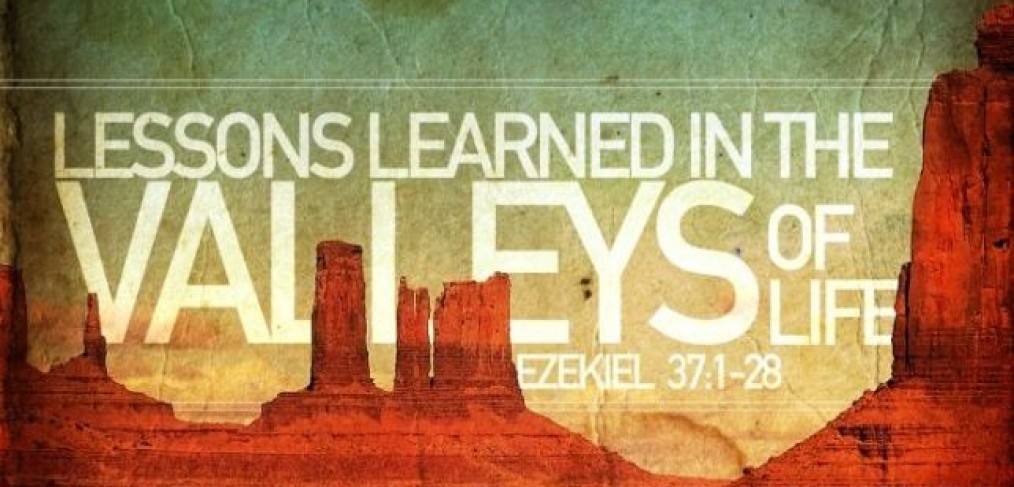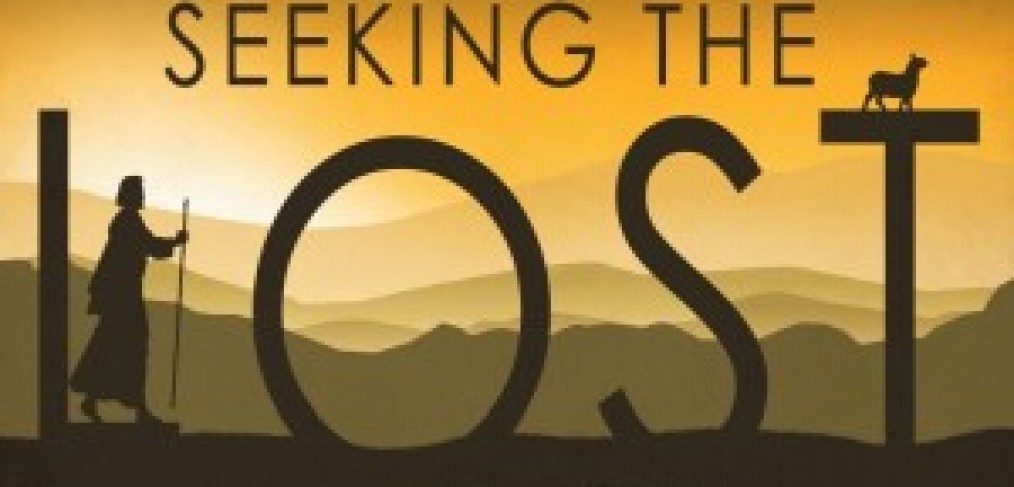The first Porterbrook course in the north of Scotland begins this weekend in Inverness.
Led by Rosskeen assistant minister Rev Calum MacMillan, the Porterbrook course is aimed at Christians of all ages and stages who wish to develop their character, mission-focus and persuasive evangelism skills.
The Highland group will meet in Inshes Church of Scotland in Inverness on Saturday (5 October), meeting from 10.30am-3pm.
Calum said: “Porterbrook Learning is a tool to help equip ‘ordinary’ Christians for the mission God has given us. It’s a course of study aimed especially at those who wouldn’t normally consider theological training and is intentionally flexible to fit round our busy schedules. At its heart are two things – character and mission.”
He added: “We have used it for a couple of years at Rosskeen and have had a wide range of learners from 70-year-old elders to 17-year-old students. Mature in Christ or new to faith all have grown in their understanding of the gospel and how to live missionally in our modern world.”
There is still time for last-minute applications – please contact Fiona Doolan for more details at fiona.dolan@rosskeen.freechurch.org
The course is by distance learning and people are split into local study groups as well as gathering for four conference days throughout the year.
Calum will be supported in the Highland group by Rev Chris Smart, Joe Barnard and Pete Rennie.
Porterbrook was set up in 2007 by Steve Timmis and Tim Chester, and was designed as a contemporary way to serve the need for new gospel-centred churches to be planted, and existing churches to become more gospel-centred.
It is now a growing network of over 45 learning sites worldwide, serving hundreds of churches, many in pioneering mission contexts.
If you wish to find out more you can visit the Porterboork website at http://porterbrooknetwork.org/











